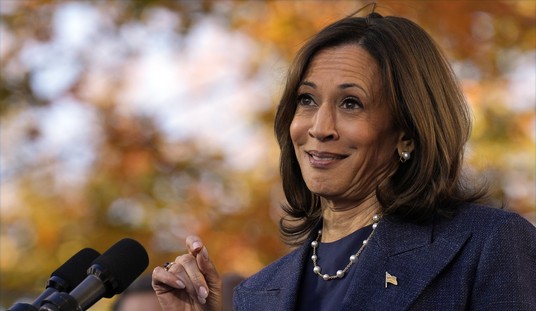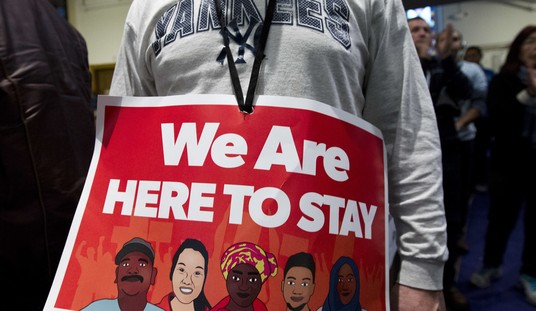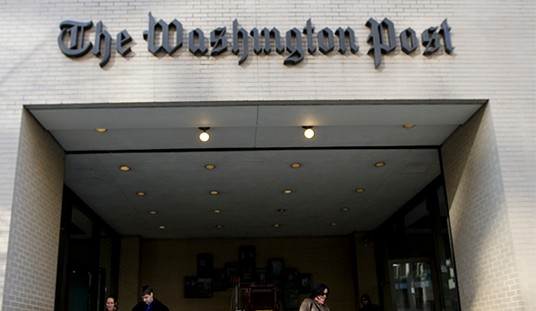=========
=========
Promoted from the diaries by streiff. Promotion does not imply endorsement.
=========
=========
The BuzzKill BuzzFeed story claiming that “President Trump Directed His Attorney To Lie To Congress About The Moscow Tower Project” has opened a new can of worms for the credentialed media. Independent Counsel Robert Mueller’s office took the unusual step of stating that the story was false, which put the reporting by Jason Leopold and Anthony Cormier in serious question. Notably, the article hyperlink, https://www.buzzfeednews.com/article/jasonleopold/trump-russia-cohen-moscow-tower-mueller-investigation, is under Mr Leopold’s byline, not Mr Cormier’s.
“The larger message that a lot of people are going to take from this story is that the news media are a bunch of leftist liars who are dying to get the president, and they’re willing to lie to do it,” Toobin said. “And I don’t think that’s true.”
“I just think this is a bad day for us … It reinforces every bad stereotype about the news media,” he added.
“Reliable Sources” host Brian Stelter agreed with his latter statement but said as a media reporter, he was “desperate” for his audience to judge individuals and brands on a case-by-case basis.
“Don’t fall for what these politicians out there want you to do. They want you to think we’re all crooked,” Stelter said. “We’re not.”
“Bad day for BuzzFeed,” Toobin said.
Everybody should have known better! Mr Leopold has a checkered history, to say the least.
In September 2002, following a two-week investigation, Salon removed from its website an article authored by Leopold about Army Secretary Thomas E. White‘s role in the Enron collapse, due to questions about the validity of an e-mail and allegations that portions of the article had not been adequately credited to the Financial Times. The disputed e-mail was said to have been from White, telling the recipient to “Close a bigger deal to hide the loss.” According to Salon, Leopold’s article “used seven full paragraphs amounting to 480 words, virtually verbatim, from the FT. There were two attributions to the FT within the passage, but they appeared to apply only to the specific sentences that contained them, not to the full passage.” Leopold later admitted that he had been careless by not providing the FT with additional credit, but insisted that Salon‘s editors had all the relevant documents, including the disputed White email, before the story was published. Paul Krugman of The New York Times, who wrote a piece based in part on Leopold’s work, also had to backpedal, acknowledging that he should not have cited the e-mail.
Salon removed the story from its website and said that Leopold had plagiarized text from the FT, but the article remains in the Nexis archives. Leopold said he had slightly misquoted the email, which should have read “Close a bigger deal. Hide the loss before the 1Q”. White denied sending the email in a letter he sent to The New York Times, and when Salon’s editors contacted Leopold’s source, the source denied speaking to him. The Village Voice reported, “Obviously, Leopold made mistakes, but it’s not at all clear they justify a full repudiation of the story or a revocation of his journalistic license. As Paul Krugman told the Voice, ‘Everything else in that story checked out. The substance of his reporting was entirely correct.'” Commenting on the case, Kerry Lauerman of Salon said that “Leopold definitely represents the dark side of the web … he became this sort of hero for throngs of people online”.
That was strike one. Strike two came four years later.
On May 13, 2006, Leopold reported on Truthout that Karl Rove had been indicted by the grand jury investigating the Plame affair. Rove spokesman Mark Corallo denied the story, calling it “a complete fabrication”. Truthout vigorously defended the story saying variously that it had two or three “independent sources,” before the executive director, Marc Ash, issued a statement apologizing for “getting too far out in front of the news-cycle”. The grand jury concluded with no indictment of Rove.
In his memoir, Courage and Consequence, Karl Rove addressed the Leopold article. Rove writes that Leopold is a “nut with Internet access” and that “thirty-five reporters called [Robert] Luskin or Corallo to ask about the Truthout report”. According to Rove, “(Patrick) Fitzgerald got a kick out of the fictitious account and e-mailed Luskin to see how he felt after such a long day”.
Mr Leopold had been fired by The Los Angeles Times in 2000 after he was accused of threatening physical violence against a female colleague who asked him to turn down his music. He has admitted to an addiction to cocaine, a past suicide attempt and a past conviction for grand larceny. As Mary McCarthy once said, concerning Lillian Hellman, “every word she writes is a lie, including ‘and’ and ‘the.’” That’s exactly how every word Jason Leopold writes should be treated until proven otherwise.
Did Janet Cooke get even a second chance? Did Stephen Glass get a second chance? How about Jayson Blair? Reputable news agencies said not no, but Hell no, to those three reporters who fabricated stories and sources.
But Truthout gave Mr Leopold a second chance, and after he fouled that up, BuzzFeed gave him a third chance.
Mr Leopold’s story is well known in journalistic circles; why any of them would have given credit to anything with which Mr Leopold was involved is beyond me. While Mr Leopold has gotten several things right in the past, how many lies does he have to tell before the credentialed media trust nothing he ever says?
Mr Stelter lamented that Mr Leopold’s story would undermine media credibility.
Don’t fall for what these politicians out there want you to do. They want you to think we’re all crooked, We’re not.
Really? They aren’t all crooked? Then why did the credentialed media continue to give credibility to a reporter who had a known history of plagiarism and fabrication? How many times does a liar have to lie before people treat him as a liar?
Apparently, the answer is: when people like what the liar is saying, they believe his lies because they want to believe his lies.
This is all a result of #TrumpDerangementSyndrome: people believed Mr Leopold, and gave him additional chances, because they appreciated his bias against Republicans in general and President Trump in particular. CNN, which has gone All Anti-Trump, All the Time, particularly lamented this, because it just added more evidence of their internal bias, and weakened the network’s own already low credibility. At least MSNBC is honest about its leftward bias; CNN simply lies about it.
At some point, people have to realize that just because a story has been printed or broadcast by the credentialed media does not mean that it is true. The media would have us believe that, like women never lying about accusations of rape, the media simply cannot lie. That’s why the media react like so many feminists do when a false accusation of rape is exposed; they claim that it’s a wholly isolated incident, and means absolutely nothing at all concerning the general credibility of media stories.
The credentialed media are nothing but a collection of people, claiming to be journalists, frequently having university degrees in journalism. But people are people, not gods, and people everywhere lie; journalists are not somehow unable to lie and journalists are not immune from biases.
Lies can come from the right, and lies can come from the left. I have gotten to the point where it doesn’t matter whether I like a story or not; I simply do not believe it without further reading.














Join the conversation as a VIP Member